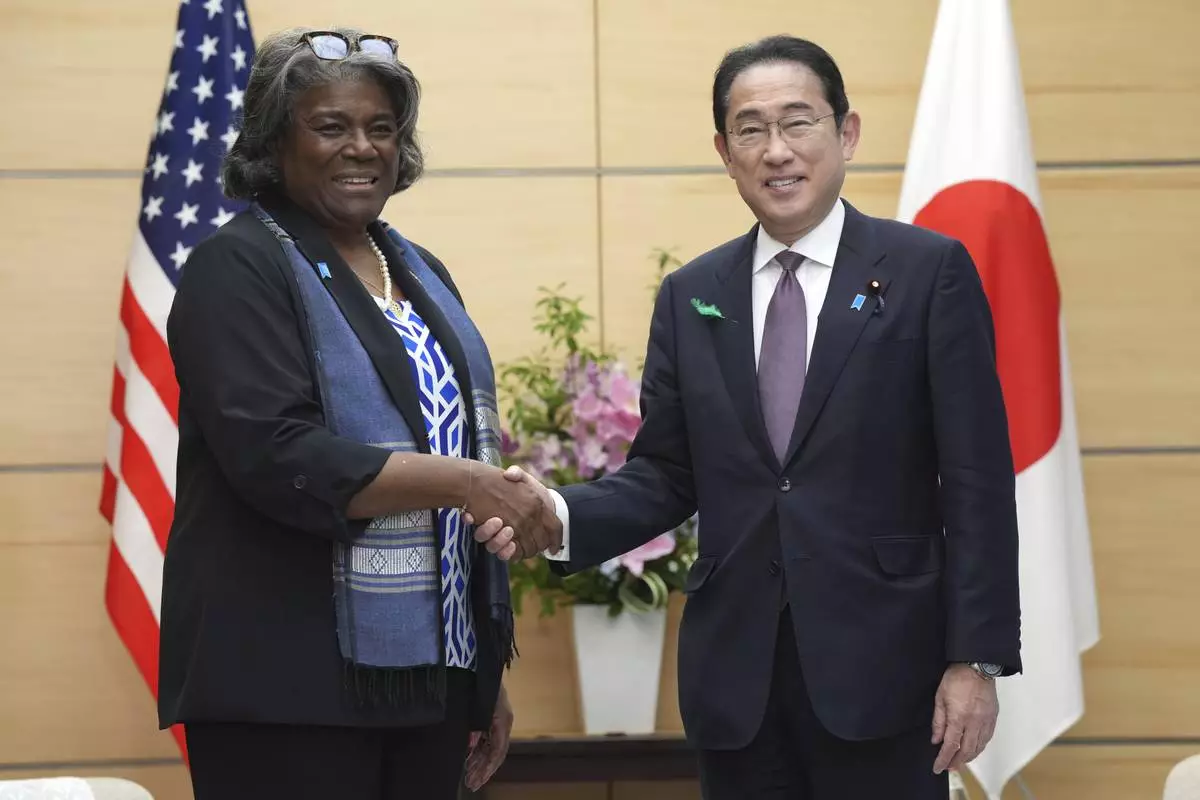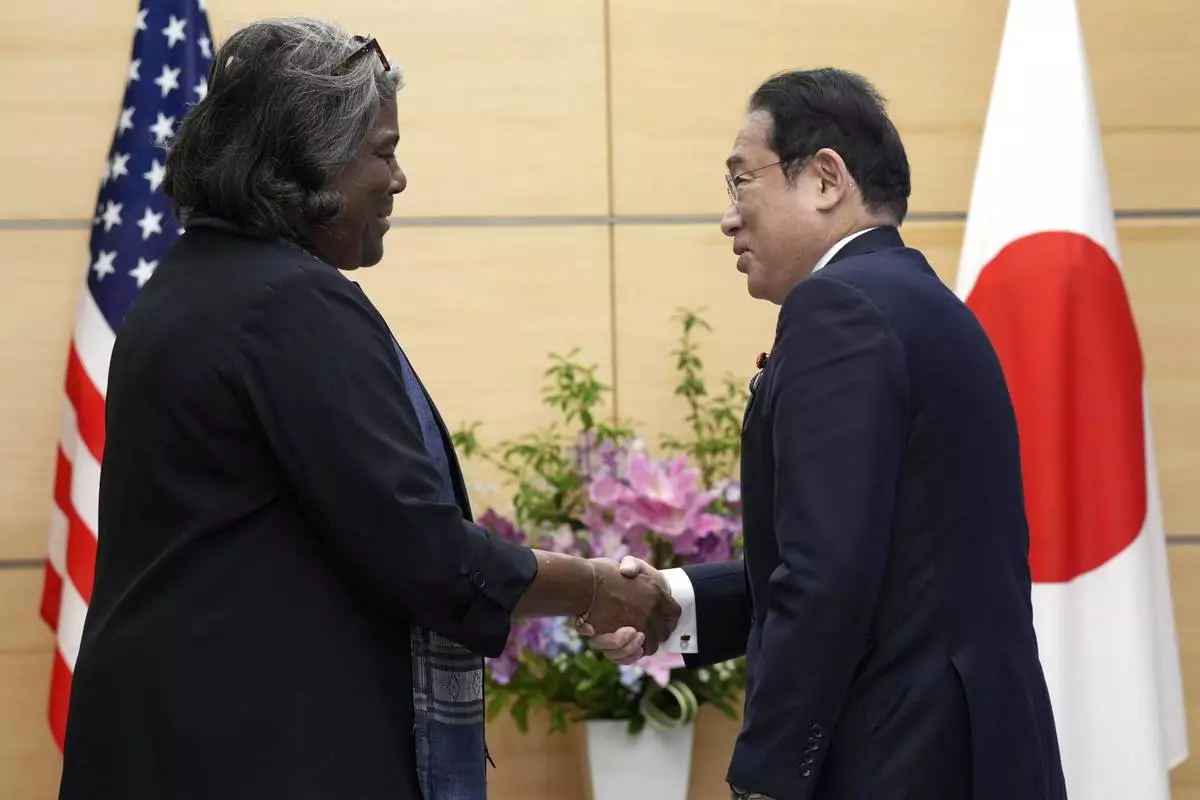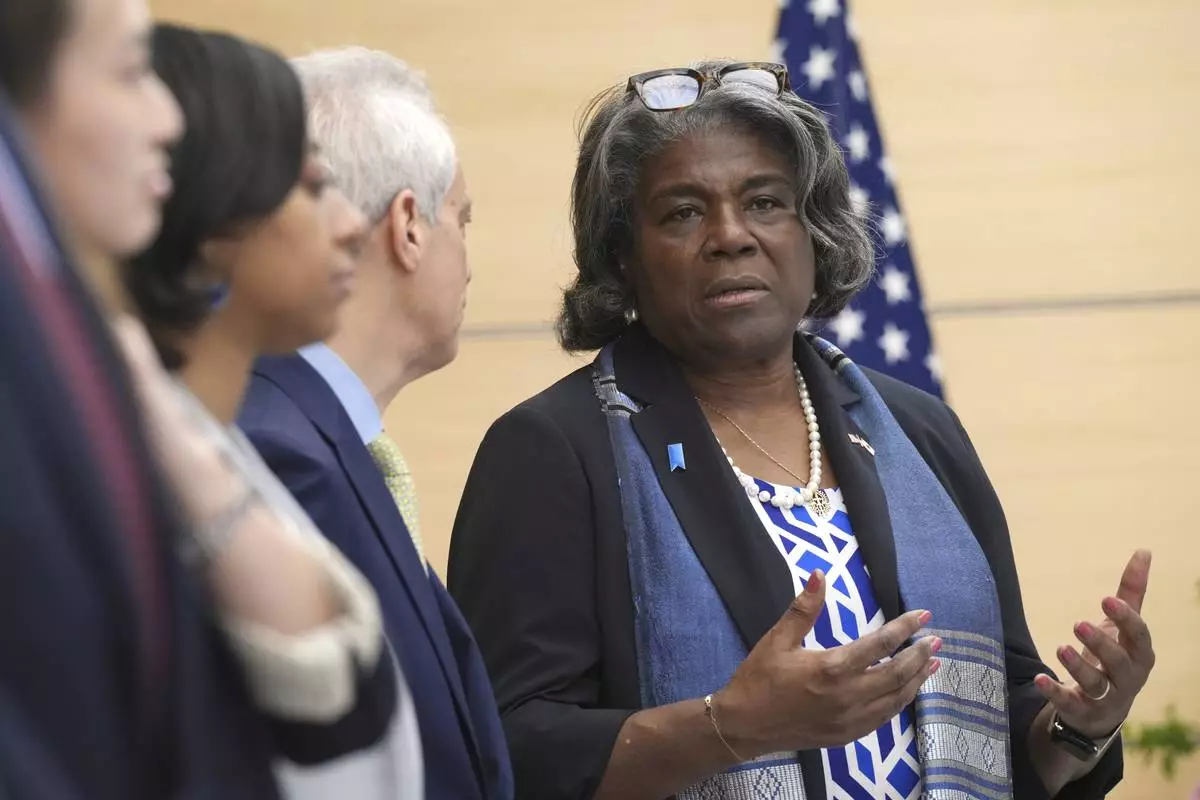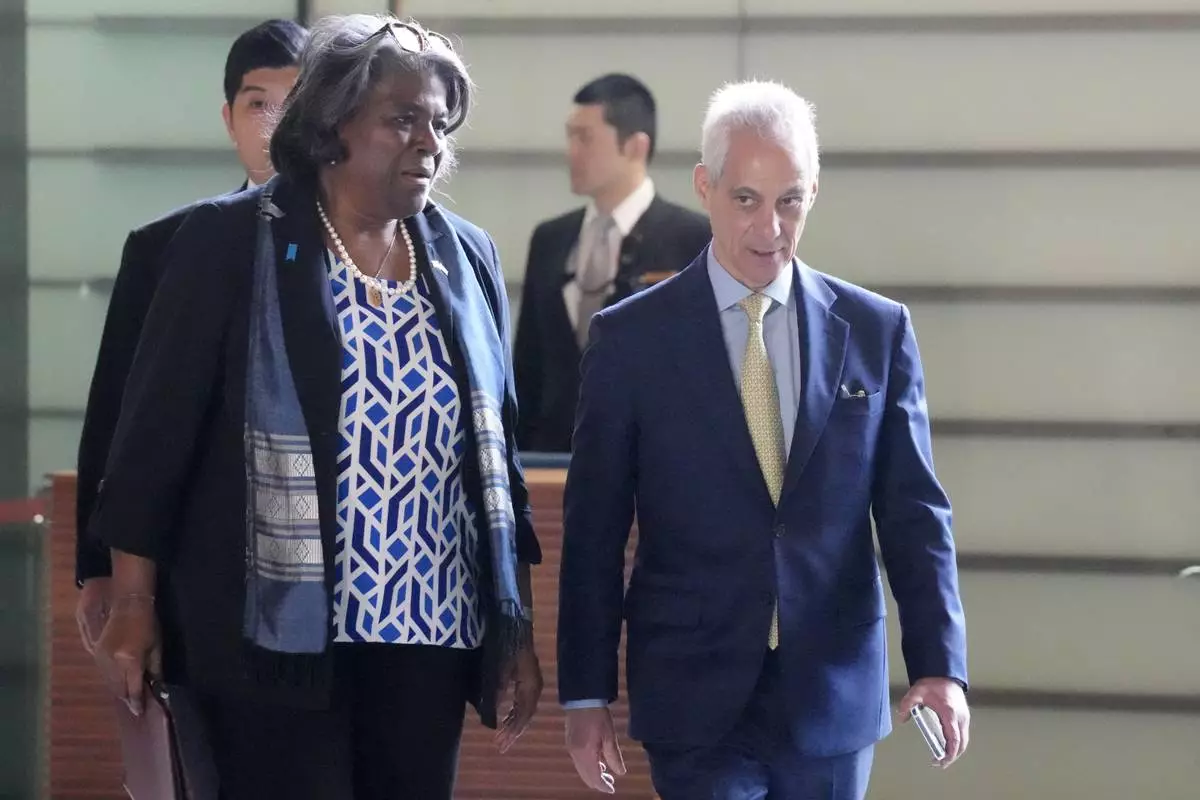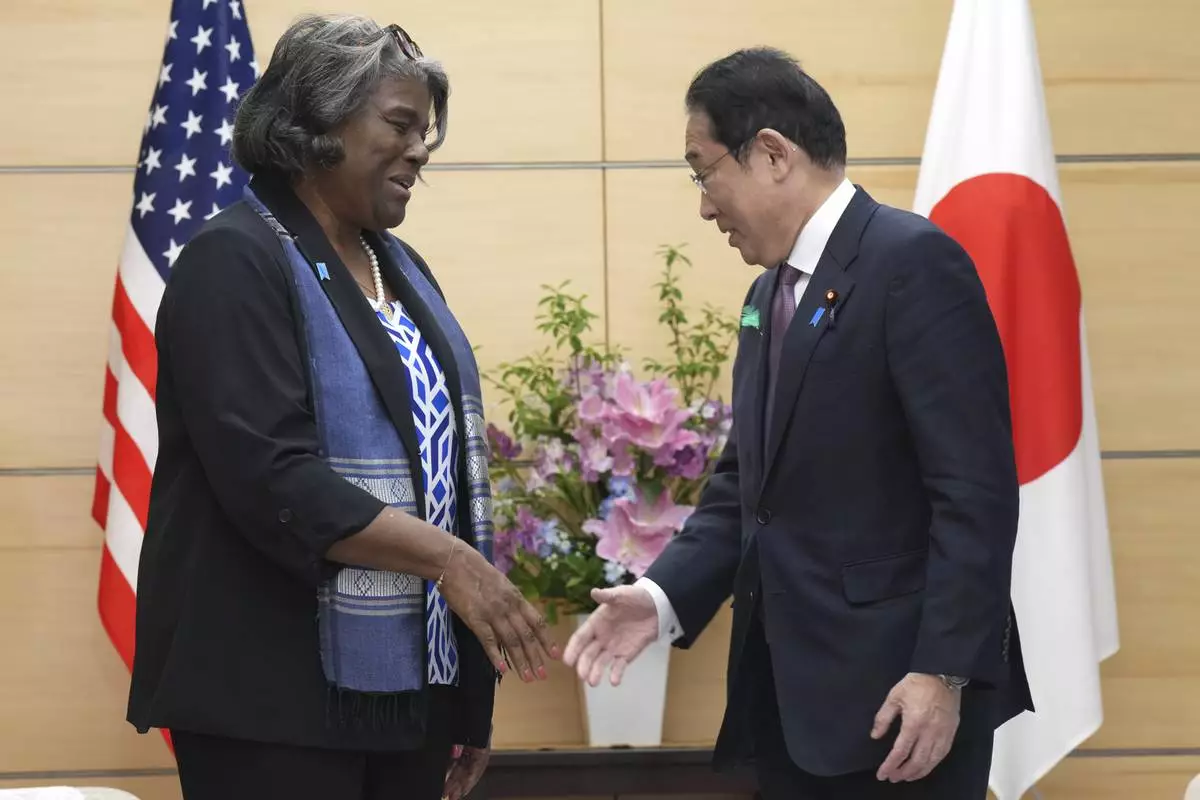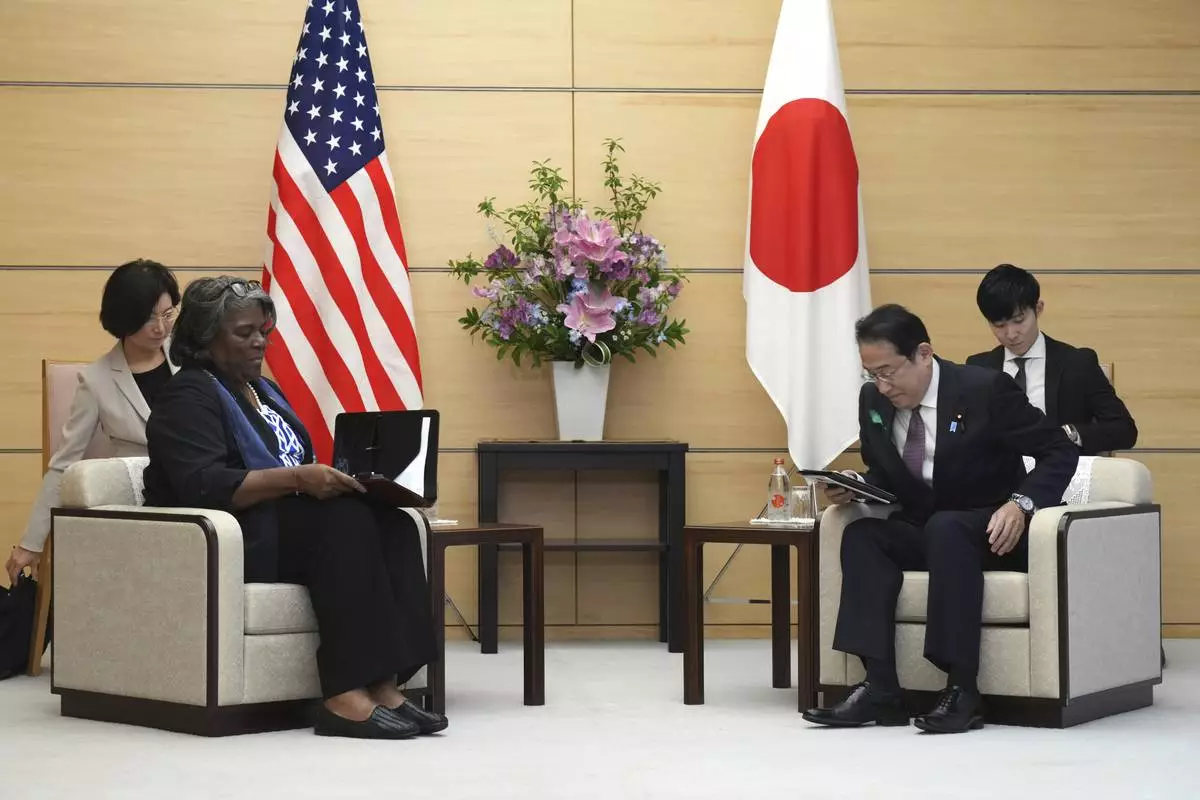At least 14 Democrat and eight Republican lawmakers in Maine have gone on to register as paid lobbyists over the past three decades, a practice that is being targeted by a bill moving through the Legislature.
The Maine House and Senate last week advanced a bill to ban future lawmakers from any paid lobbying within their first year out of office. The state ethics commissions had called for the change in 2017.
The Associated Press compared state lobbying reports with legislative rosters and found that nearly half of the 22 former lawmakers who registered as lobbyists over the past three decades did so within the same year of leaving office. They consisted evenly of five Republicans and five Democrats.
The lawmakers-turned-lobbyists have raked in $3.6 million in total compensation for their firms, according to the AP's analysis.
It's a perennial issue in statehouses nationwide, boosting the influence of politicians-turned-lobbyists who trade on their political connections to advance special interests.
The revolving door "really gets to the distrust people have in the institution of government," said Democratic Sen. Justin Chenette, sponsor of the bill to impose a one-year "cooling-off" period before a politician can register to lobby former colleagues.
Democratic Gov. Janet Mills hasn't taken a position on Chenette's legislation, a spokesman said.
Maine tried to prevent the lawmaker-to-lobbyist pipeline with a 2013 law aimed at stopping former lawmakers from lobbying in their first year after service. But a loophole allows former lawmakers to avoid registering as lobbyists if they are doing it fewer than eight hours a month. That means it's unknown just how many lawmakers have lobbied their former colleagues.
The loophole came to light in 2017 when former Democratic Rep. Adam Goode left office and within months started lobbying for the state AFL-CIO, which represents the interests of organized labor.
Goode, whom state ethics commissioners declined to investigate following a Republican's complaint, didn't respond to a request for comment.
"We have a situation where lawmakers can become lobbyists immediately for a corporation or special interest group, and don't have to register and publicly disclose they're a lobbyist," Chenette said. "It is a deep concern."
"Cooling-off periods" often vary from six months to two years, according to the National Conference of State Legislatures . About two dozen states have a one-year cooling-off period; Florida is extending its two-year cooling-off period to six years effective Dec. 31, 2022.
Former lawmakers who are now lobbyists have long defended the practice as allowing public servants to work on issues they're passionate about, or providing needed expertise of weedy policy and procedures to citizen lawmakers who face term limits.
Carol Weston served as a Republican state representative from 2002 to 2010, when she began working for Americans for Prosperity, a conservative advocacy group funded by billionaire brothers David H. Koch and Charles Koch.
Weston registered as a paid lobbyist in 2011 and 2012, and said she worked for six years for Americans for Prosperity, which she called a "grassroots education nonprofit."
"You could say I was lobbying because I would help grassroots learn how to lobby, and we actually did come to the Statehouse and try to make a difference," said Weston, who is now retired.
But, she added, she can understand that the "revolving door" can raise eyebrows. "I can see the point in waiting to make sure that everything is transparent," Weston said. "Especially if you're lobbying for an industry that you were helmviping to regulate as a legislator."
The revolving door isn't limited to the state Legislature.
Mills has hired at least four former lobbyists to work in her administration, including senior adviser Mary Anne Turowski, who as of December was a lobbyist for the state public employees union.
Former Gov. Paul LePage's cabinet, advisers and legal counsel included at least six former lobbyists.
Former Democratic Gov. John Baldacci left office in 2011 and returned to lobby in 2015 and 2016. "Good government issues need to be continually worked on, and sunlight and transparency are very important so people have a clear vision on who and what is taking place," he said.
Monica McCarthy, who owns a storage business in Smithfield, said "regular working people" can't always take time off to go to hearings, meaning lawmakers most often encounter lobbyists paid to see them.
"And when those people are former legislators themselves and they already know how the whole process works, and they know how to work with these people, it really balances the scales in favor of just sort of the same old government-big corporation complex and away from the needs of the average citizen," she said.



